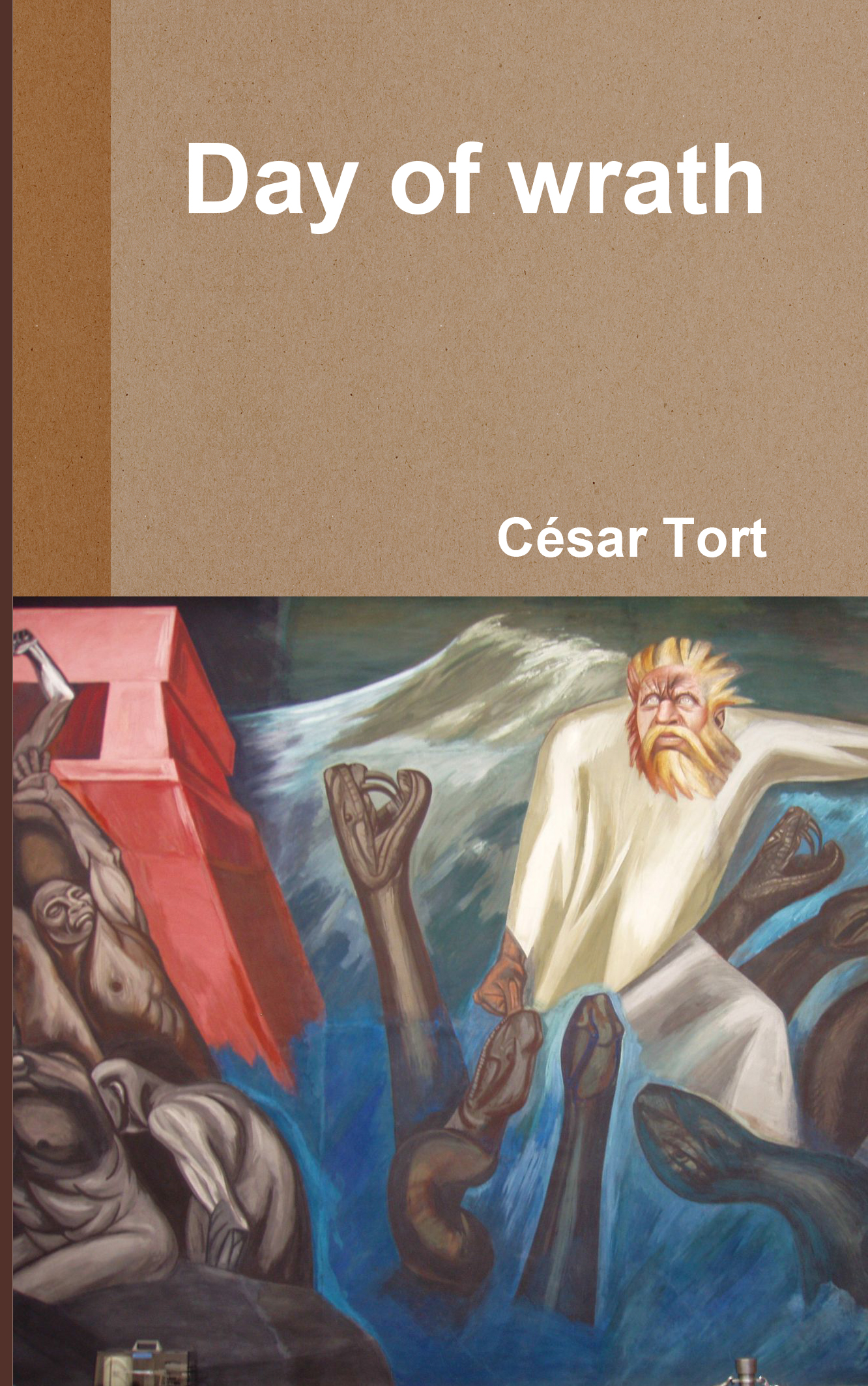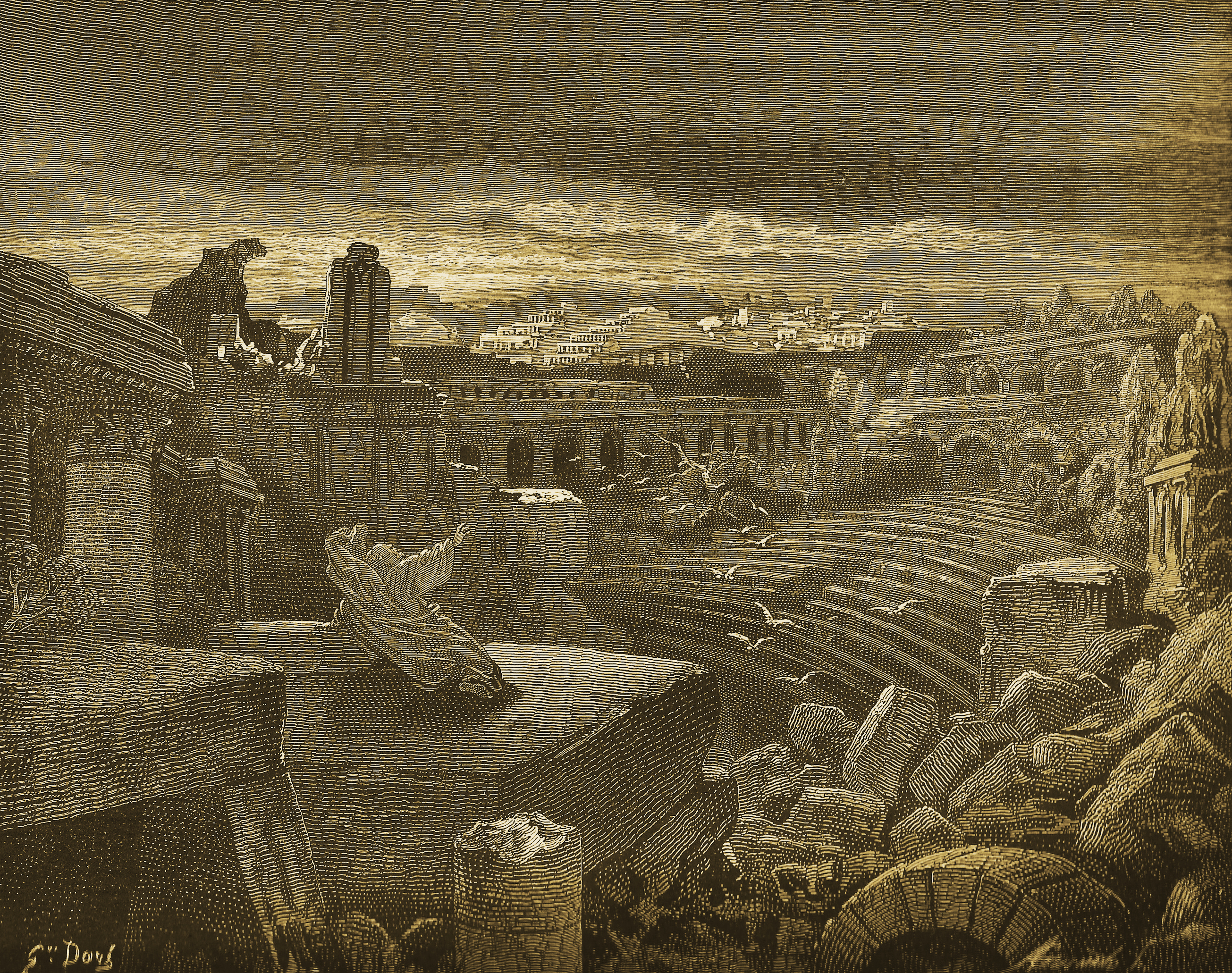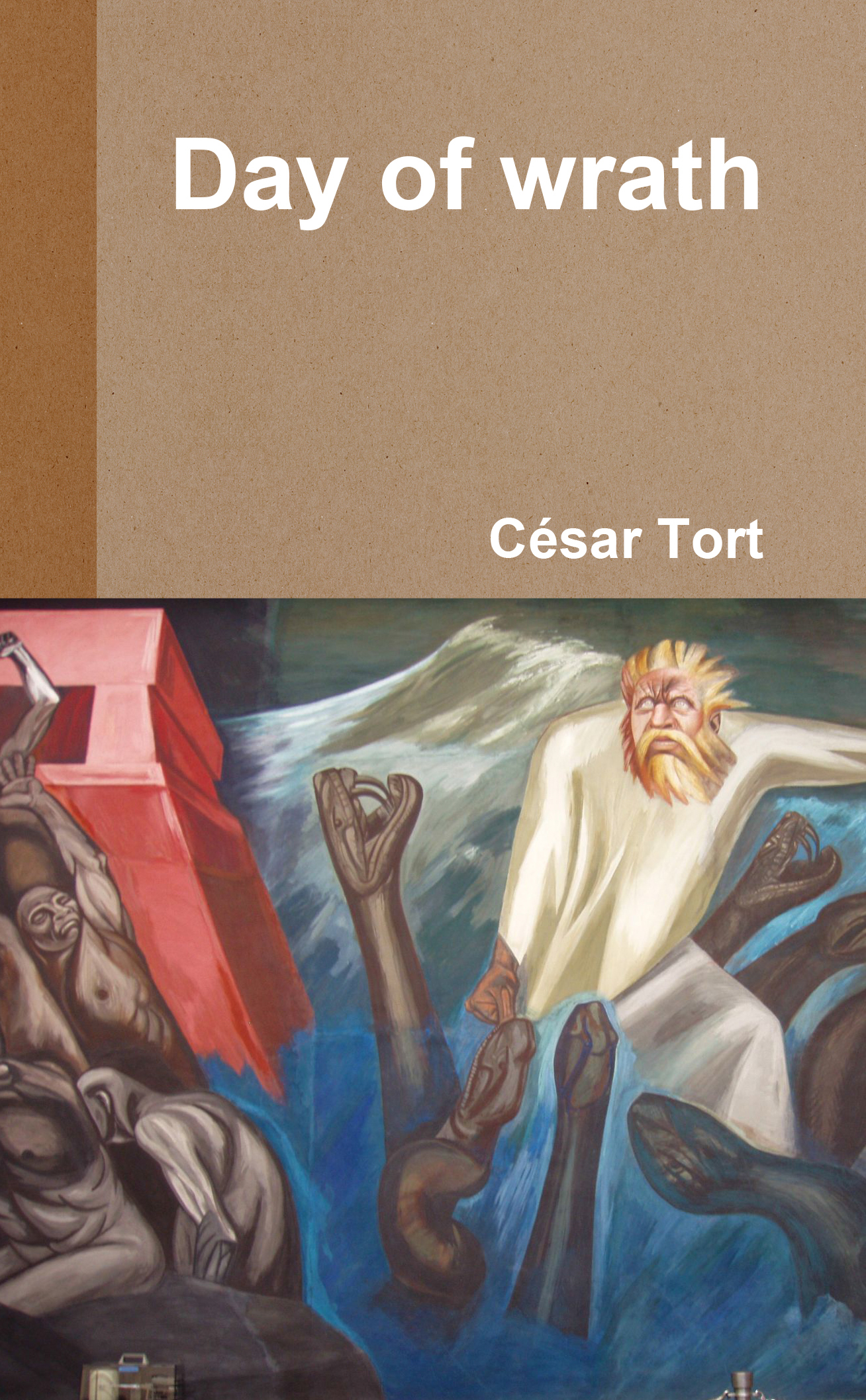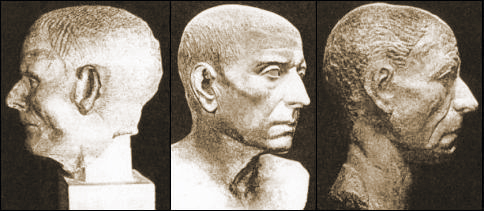Julian Jaynes and the bicameral mind

In recent decades several historians without any link to the deMausean school have written about thirty books on histories of childhood. I will mention only a couple of those published in 2005: When Children Became People by Odd Magne Bakke and Growing Up: The History of Childhood in a Global Context by Peter Stearns. DeMause has iteratively complained that books of this sort are presented to history students as if childrearing in the past had been as benign as Western childrearing in our times. Stearns for example is author and editor of more than forty books, but he attempts to absolve the parents by claiming that infanticide had an economic motivation; when it is well documented that in some periods infanticide was more common in well-off families.
Psychogenesis is the process of the evolution of empathy, and, therefore, of childrearing forms in an innovative group of human beings. In a particular individual it is an evolution of the architecture of his or her mentality, including the cognition of how the world is perceived. A “quantum leap” in “psychoclasses” depends on the parents’ breaking away from the abusive patterns in which they were educated; for example, stop killing their children: a prehistoric and historic practice that deMause calls “early infanticidal childrearing.”
A fascinating essay by Julian Jaynes throws light on how, by the end of the second millennium before our era, a huge alteration occurred in human mentality. In 1976 Jaynes published The Origin of Consciousness in the Breakdown of the Bicameral Mind. Jaynes calls “breakdown” the transit of bicameral mind—two chambers or brain hemispheres—to modern consciousness. The transit is relatively recent, and it represents a healing process from a divided self into a more unified or integrated one. Jaynes describes how society developed from a psychological structure based upon obedience to the god’s voices, to the subjective consciousness of present-day man. Like deMause’s psychohistory, Jaynes’ model caused many of his readers to see mankind from a new perspective. He elaborated a meta-narrative purporting to connect the loose pieces of previously unconnected fields—history, anthropology, ancient texts, psychiatry, language, poetry, neurology, religion, Hebrew and Greek studies, the art of ancestral societies, archaeological temples and cuneiform writing—to construct an enormous jigsaw puzzle.
Jaynes asked the bold question of whether the voices that people of the Ancient World heard could have been real, a common phenomenon in the hallucinated voices of present-day schizophrenics. He postulated that, in a specific lapse of history a metamorphosis of consciousness occurred from one level to another; that our present state of consciousness emerged a hundred or two hundred generations ago, and that previously human behavior derived from hearing voices in a world plagued with shamanism, magical thinking, animism and schizoidism.
In the Ancient World man had a bipartite personality: his mind was broken, bicameralized, schizophrenized. “Before the second millennium B.C., everyone was schizophrenic,” Jaynes claims about those who heard voices of advice or guides attributed to dead chiefs, parents or known personages. “Often it is in times of stress when a parent’s comforting voice may be heard.” It seems that this psychic structure of a divided or bicameral self went back to cavemen. Later in the first cities, the period that deMause calls “late infanticidal childrearing” (Jaynes never mentions deMause or psychohistory), the voices were attributed to deities. “The preposterous hypothesis we have come to is that at one time human nature was split in two, an executive part called god, and a follower part called man. Neither was conscious. This is almost incomprehensible to us.” Preconscious humans did not have an ego like ours; rational thought would spring up in a late stage of history, especially in Greece. However, orthodox Hellenists usually do not ask themselves why, for a millennium, many Greeks relied on instructions coming from a group of auditory hallucinating women in Delphi. To explain similar cultural phenomena, Jaynes lays emphasis upon the role that voices played in the identities, costumes and group interactions; and concludes that the high civilizations of Egypt, the Middle East, Homeric Greece and Mesoamerica were developed by a primitive unconscious.
The Origin of Consciousness in the Breakdown of the Bicameral Mind describes the theodicy in which, three thousand years ago, subjectivity and the ego flourished. For the common man consciousness is the state of awareness of the mind; say, the conscious state at walking. Jaynes uses the term in a more restricted way: consciousness as the subjective universe, the self-analyzing or self-conscious mind; the “I,” the will and morality of an individual, as well as the development of the linear concept of time (which used to be cyclic to the archaic mind, perhaps due to the observation of the stations of the year). The man who left behind his bicameral thinking developed a more robust sense of the self, and Jaynes finds narrative evidence of this acting self in the literary record. He examines Amos, the voice of the oldest Old Testament text and compares it with the Ecclesiastes, the most recent one. Likewise, Jaynes scrutinizes the Iliad looking for tracks of a subjective self, and finds nothing. The Homeric heroes did what Athena or Apollo told them; they literally heard their gods’ voices as the prophets listened to Yahweh’s. Their psyches did not display brightness of their own yet. (If we remember the metaphor of my first book, the mentality of ancient man was similar to what astronomers call a “maroon dwarf”: a failed star like Jupiter, not a sun with enough mass to cause nuclear fusion so that it could shine on its own.) Matters change with the texts of Odysseus’ adventures, and even more with the philosophers of the Ionian islands and of Athens. At last the individual had accumulated enough egocentric mass to explode and to shine by itself. Jaynes believes that it was not until the Greek civilization that the cataclysm that represented the psychogenic fusion consolidated itself.
By Solon’s times it may be said that the modern self, as we understand it, had finally exploded. The loquacious gods, including the Hebraic Yahweh, became silent never to speak again but through the bicameral prophets. After the breakdown of divine authority, with the gods virtually silenced in the times of the Deuteronomy, the Judean priests and governors embarked upon a frenetic project to register the legends and stories of the voices that, in times of yore, had guided them. It was no longer necessary to hallucinate sayings that the god had spoken: man himself was the standard upon which considerations, decisions, and behaviors on the world rested. In the dawning of history man had subserviently obeyed his gods, but when the voice of consciousness appears, rebelliousness, dissidence, and even heresy are possible.
Through his book, which may be called a treatise of psycho-archeology, Jaynes follows the track of how subjective consciousness emerged. His ambitious goal is to explain the birth of consciousness, and hence the origin of our civilization. Once the former “maroon dwarfs” achieve luminescence in a group of individuals’ selves, not only religious dissent comes about, but regicide, the pursuit of personal richness and, finally, individual autonomy. This evolution continues its course even today. Paradoxically, when the West reaches the stage that deMause calls “helping mode” in child-rearing, it entails ill-fated consequences such as Caucasian demographic dilution and the subsequent Islamization of Europe (as we will see).
Although Jaynes speculates that the breakdown of the bicameral mind could have been caused by crises in the environment, by ignoring deMause he does not present the specific mechanism that gave rise to the transition. Due to the foundational taboo of human species, explained by Alice Miller in my previous book and by Colin Ross in this one, Jaynes did not explore the decisive role played by the modes of childrearing. This blindness permeates The Origin of Consciousness to the point of giving credibility to the claims of biological psychiatry; for example, Jaynes believes in the genetic basis of schizophrenia, a pseudoscientific hypothesis, as shown in my previous essay. However, his thesis on bicameralism caused his 1976 essay to be repeatedly reprinted, including the 1993 Penguin Books edition and another edition with a 1990 afterword that is still in print.
In the bicameral kingdoms the hallucinated voices of ancient men were culturally accepted as part of the social fabric. But a psychogenic leap forward gives as much power to the new psychoclass as the Australopithecus character of 2001: A Space Odyssey grabbing a bone. “How could an empire whose armies had triumphed over the civilizations of half a continent be captured by a small band of 150 Spaniards in the early evening of November 16, 1532?” The conquest of the Inca Empire was one of a handful of military confrontations between the two states of consciousness. A deMausean interpretation would lead us to think that it was a clash between the infanticidal psychoclass and an intermediate state of ambivalent and intrusive modes of childrearing. The Spaniards were clearly up the scale of “psychogenic leaps” compared to the Incas.
This reading of history is diametrically opposed to Bartolomé de Las Casas, who in his Apologética Historia claimed that in some moral aspects the Amerindians were superior to the Spanish and even to Greeks and Romans. Today’s Western self-hatred had its precursor in Las Casas, who flourished in the fifteenth and sixteenth centuries. In identical fashion, in the 21st century it is irritating to see in educational TV programs an American in Peru saying that the Incas of the times of the Conquest “were much smarter than the Spanish.” The truth is that the Incas did not even know how to use the wheel and lacked written language. They literally heard their statues speak to them and their bicameral mind handicapped them before the more robust psyche of the Europeans: something like an Australopithecus clan clashing with another without bones in their hands. The Spaniards were, certainly, very religious; but not to the point of using magical thinking in their warfare stratagems. According to a 16th-century Spaniard, “the unhappy dupes believed the idols spoke to them and so sacrificed to it birds, dogs, their own blood and even men” (this quotation refers to Mesoamericans, the subject-matter of the next section). The Peruvian Mario Vargas Llosa believes that his ancestors were defeated due to a pragmatic and basically modern European mentality in contrast to the magical thinking of the natives; and the Mexican Carlos Fuentes wrote that the conquest of the American continent was a great triumph of the scientific hypothesis over the indigenous physical perception.
Jaynes overemphasizes that the prophets of the Old Testament literally heard Yahweh’s voice. Because the minds in the Ancient World, like present-day schizoid personalities, were swarmed with sources of hallucination, humans still lacked an inner space for retrospection and introspection. Bible scholars have debated at length about what could have caused the loss of prophecy gifts in the Hebrew people after the Babylonian exile. I would say that the elimination of the sacrificial practice of infants meant a leap toward a superior psychoclass, with the consequent overcoming of the schizoid or bicameral personality.
But going back to Jaynes: Formerly terrestrial and loquacious, the later mute gods were transported to a heaven, making room for human divination: the consultation of human beings that (for having been raised by more regressive parents I may infer) still heard the fateful voices. Even though the divine voices made themselves unnecessary for the new kind of human, praying continued to a god who was incapable, centuries ago, of communicating through divine voices.
The entire succession of [Old Testament] works becomes majestically and wonderfully the birth pangs of our subjective consciousness. No other literature has recorded this absolutely important event at such length or with such fullness. Chinese literature jumps into subjectivity in the teaching of Confucius with little before it. Indian hurtles from the bicameral Veda into the ultra subjective Upanishads. Greek literature, like a series of steppingstones from The Iliad to the Odyssey and across the broken fragments of Sappho and Solon toward Plato, is the next best record, but still too incomplete. And Egypt is relatively silent.
Jaynes’ book is dense, closely argued, and despite its beautiful prose often boring. But the chapter on the Hebrew people titled “The Moral Consciousness of the Khabiru” is must reading. If he is right, it was not until the fifth century before the Common Era when the bicameral mind began to be seen as the incapacitating disorder that is presently labeled as psychosis. In contrast to the mystic psychohistorian Robert Godwin, I am closer to Jaynes in that one of the most persistent residues of bicameralism is our religious heritage.
Jaynes, who died in 1997, may be the proverbial author of a single book, but many people continue to read The Origin of Consciousness. Tor Norretranders, a popular author on scientific subjects, expanded the bicameral hypothesis in a book published a year after Jaynes died, The User Illusion, and he cites more recent investigations than those collected by Jaynes.
Popperian falsifiability
Despite the book’s popularity and the fact that Jaynes taught in Princeton University and did archaeological work, his colleagues did not pay him much attention. Many academics reject theories that have been presented through literary books. It is understandable that a book with such lyric passages has been ignored by the dry science taught in the psychology departments; by neurobiologists, and by evolutionary theorists. Jaynes, basically a humanist, had not presented his theory in a scientific or falsifiable format.
Adepts of social sciences grant such authority to the hard sciences that, when they run across a text that emphasizes the humanities, they want to see everything translated to the language of science. They do this in spite of the fact that, in the reign of subjectivity, hard sciences are incapable of producing something truly significant. Notwithstanding this scientific demand, I concede that if we humanists make claims that could be interpreted as scientific hypotheses, it doesn’t hurt to present them in such a way that they may be refuted, if per chance they are wrong. Consequently, I must make it very clear that the trauma model is falsifiable.
For instance, it occurs to me that, if the model is correct, in the Israeli kibbutz children cannot be easily schizophrenized. The cause of this would be, naturally, that in the kibbutz they are put farther away from potentially schizophrenogenic parents than the children in nuclear families. Something similar could be said about Jaynes’ ideas. His hypothesis can be presented in falsifiable form always provided that the presentation is done through a deMausean interpretation of it, as we will see almost by the end of this book.
Once it is conceded that even humanists who venture into foreign lands can present their theories in falsifiable form, I must point out that very few academics, including psychologists, are willing to delve into the darkest chambers of the human psyche. To them it is disturbing that prehistoric man, and a good deal of the historic man including their ancestors, had behaved as marionettes of hallucinated voices or nonexistent gods. Jaynes’ ideas represent a serious challenge to history as it is officially understood and even more to religion, anthropology, and psychiatry. He seems to postulate that a scant connectivity of the two brain hemispheres produced voices, and that the changes in consciousness caused the brain to become more interconnected through the corpus callosum. In case I have interpreted him correctly, I am afraid it is not possible to run tomographs on those who died millennia ago to compare, say, the brain of the bicameral pythoness against the brain of the intellectual Solon. Let’s ignore this non-falsifiable aspect and focus on hypotheses that may be advanced by epidemiologists in the field of social sciences. Studying the changes of incidence patterns of child mistreatment through history or contemporary cultures is a perfectly falsifiable scientific approach.
In the book reviews of The Origin of Consciousness available on the internet it can be gathered that the experience of many readers was as electrifying as a midnight ray that allowed them to see, albeit for a split second, the human reality. If the ultimate test for any theory is to explain the most data in the simplest way, we should not ignore the psychohistories of Jaynes and deMause. If they are right, the explanatory power of an unified model would help us understand part of the human mystery, especially religion and psychosis.
___________
The objective of the book is to present to the racialist community my philosophy of The Four Words on how to eliminate all unnecessary suffering. If life allows, next time I will publish here the section on schizophrenia theorist Silvano Arieti. Those interested in obtaining a copy of Day of Wrath can request it: here.








